
Find Help
More Items From Ergsy search
-

How might a wealth tax impact inequality in the UK?
Relevance: 100%
-

Are there alternatives to a wealth tax for addressing inequality?
Relevance: 95%
-

What is a Wealth Tax?
Relevance: 82%
-

Would a wealth tax replace other taxes in the UK?
Relevance: 81%
-

What is the Wealth Tax in the UK?
Relevance: 79%
-

Why doesn't the UK have a wealth tax?
Relevance: 77%
-

What is the wealth tax in the UK?
Relevance: 77%
-

What is the objective of a wealth tax?
Relevance: 77%
-

Has the UK ever had a wealth tax?
Relevance: 77%
-

How do economists view the impact of wealth taxes?
Relevance: 76%
-

Could a wealth tax affect economic growth in the UK?
Relevance: 76%
-
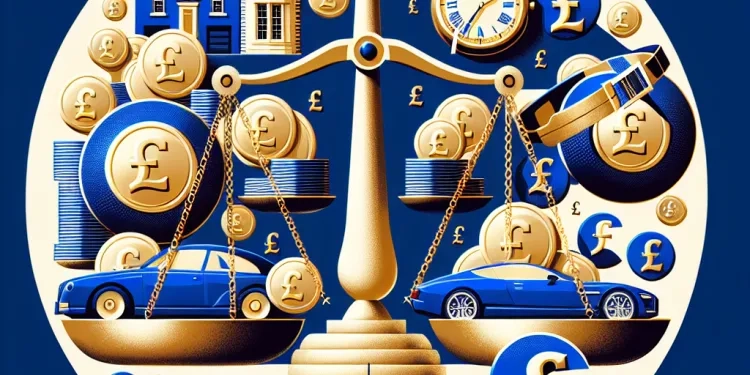
What arguments are made for a wealth tax in the UK?
Relevance: 75%
-

Can a wealth tax be levied annually?
Relevance: 75%
-

Can a wealth tax impact economic behavior?
Relevance: 73%
-

What are common arguments in favor of a wealth tax?
Relevance: 73%
-

Could a wealth tax encourage tax avoidance?
Relevance: 72%
-
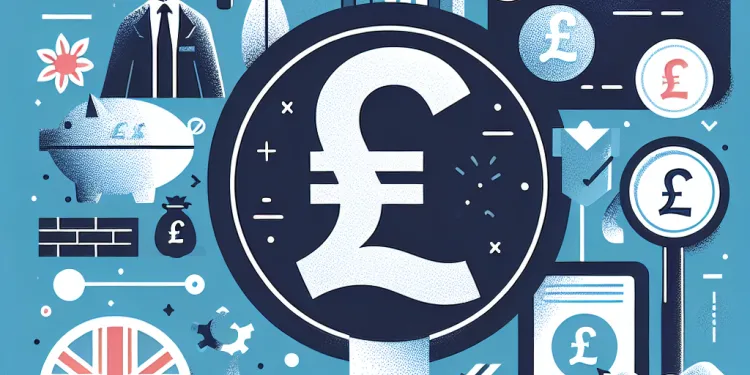
How might a wealth tax affect wealthy individuals?
Relevance: 70%
-

Has any political party in the UK supported a wealth tax?
Relevance: 70%
-
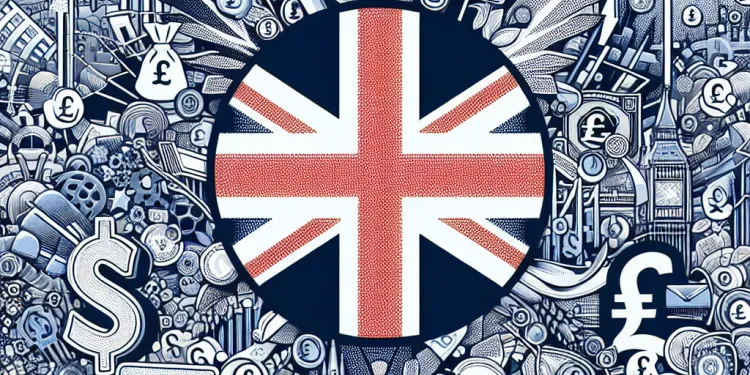
How do other countries implement a wealth tax?
Relevance: 69%
-
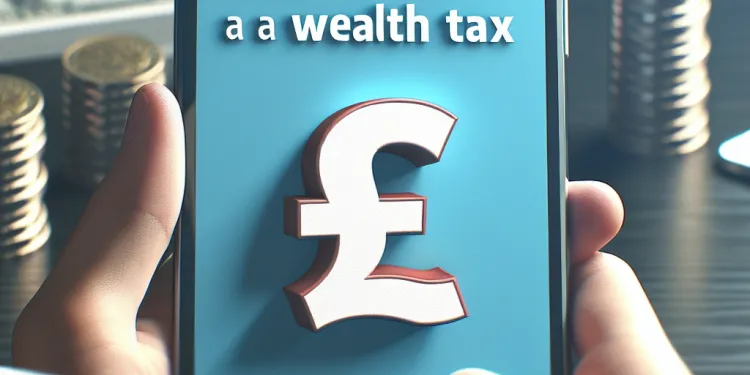
What are the challenges of implementing a wealth tax?
Relevance: 69%
-

Are there any countries currently implementing a wealth tax?
Relevance: 69%
-

Who is typically subject to a wealth tax?
Relevance: 68%
-

How does a wealth tax differ from an income tax?
Relevance: 68%
-

How is a wealth tax typically calculated?
Relevance: 65%
-

Would a wealth tax apply to foreign assets?
Relevance: 64%
-

What are the administrative costs of a wealth tax?
Relevance: 64%
-

Is real estate included in wealth tax calculations?
Relevance: 63%
-

How do governments ensure compliance with wealth tax laws?
Relevance: 62%
-
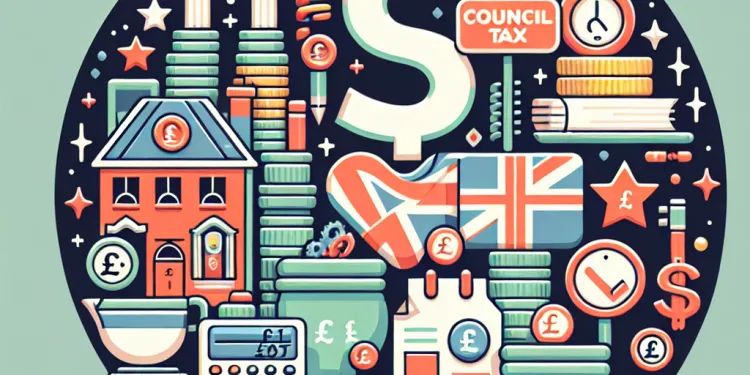
How does council tax relate to wealth in the UK?
Relevance: 52%
-

Do wealth taxes differ between countries?
Relevance: 49%
-

What are common criticisms of a wealth tax?
Relevance: 49%
-
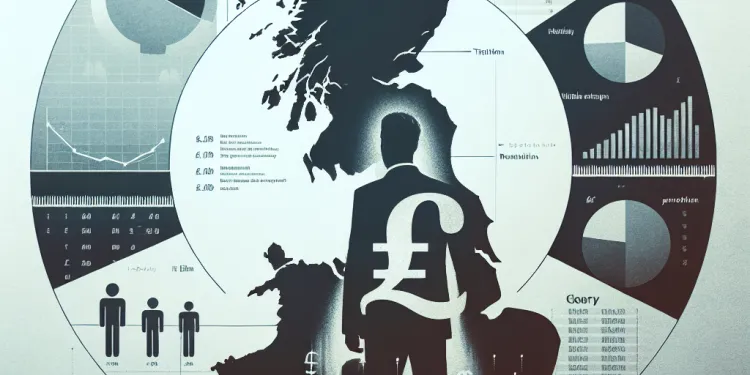
Do public opinion polls support a wealth tax in the UK?
Relevance: 48%
-

Has the idea of a wealth tax been discussed in political debates?
Relevance: 45%
-
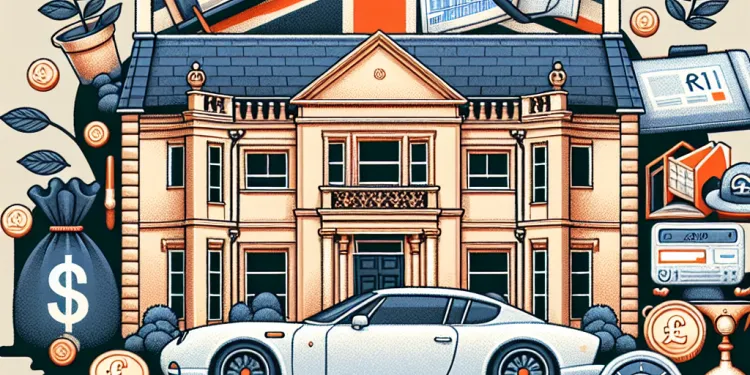
What exemptions are commonly associated with wealth taxes?
Relevance: 45%
-

Submitted Addressing Social Inequalities: Initiatives and Challenges in the UK
Relevance: 45%
-

What taxes in the UK target wealth?
Relevance: 44%
-

What types of assets are typically subject to a wealth tax?
Relevance: 38%
-
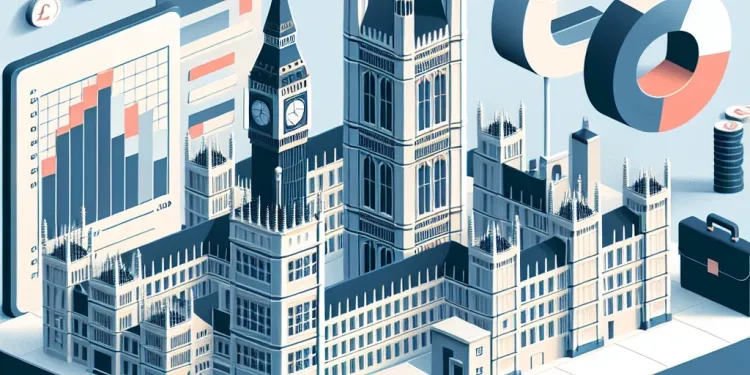
Is there a proposal for a wealth tax in the UK?
Relevance: 32%
-

Could there be a reduction in the basic rate of income tax by 2026?
Relevance: 30%
-

What is the purpose of the sugar tax?
Relevance: 30%
Understanding Wealth Tax
Wealth tax, often discussed as a means to address inequality, involves taxing individuals' net worth, including assets such as properties, investments, and savings. While it aims to redistribute wealth, its implementation can be challenging and controversial due to potential capital flight, valuation difficulties, and administrative costs. As such, exploring viable alternatives is essential for addressing inequality in a balanced manner.
Income Tax Reforms
Reforming income tax is a prominent alternative to a wealth tax. By adjusting income tax rates and bands, the UK government can ensure that higher earners contribute more significantly. Progressive income tax systems can effectively reduce disposable income disparities, thereby addressing inequality. Introducing or increasing the top tax rate for high earners may provide a sustainable way to combat economic inequality without the complexities involved in valuing and taxing wealth directly.
Capital Gains and Dividends Taxes
Another alternative is to focus on capital gains and dividend taxes. These taxes are levied on the profits made from selling assets and received dividends from investments, respectively. Increasing these tax rates can target the wealthy who predominantly earn through investments rather than regular income. Aligning capital gains tax rates with income tax rates can reduce the incentive to recharacterize income, helping to address inequality more effectively.
Inheritance and Gift Taxes
Inheritance and gift taxes can also play a crucial role in addressing wealth disparities. By taxing transfers of wealth between generations, these taxes can prevent large accumulations of untaxed wealth. Adjusting the thresholds and rates for inheritance and gift taxes can ensure that wealth is redistributed more fairly, encouraging economic mobility and reducing inequality over time. Raising awareness and simplifying these taxes can enhance their effectiveness as an alternative to the wealth tax.
Public Services and Investment
Investing in public services, such as education, healthcare, and affordable housing, can indirectly reduce inequality by enhancing opportunities for disadvantaged populations. Improving access to high-quality education and healthcare empowers individuals, enabling them to contribute more effectively to the economy. Government investment in infrastructure and public services can also create jobs and stimulate economic growth, further addressing inequality.
Universal Basic Income
Universal Basic Income (UBI) is a bold alternative that guarantees a minimum income for all citizens, funded through taxes and other government revenues. UBI can help reduce poverty and inequality by providing financial security to everyone, particularly the most vulnerable. By stimulating demand and encouraging entrepreneurship, it can potentially drive economic growth while ensuring a more equitable distribution of resources.
Conclusion
While a wealth tax remains a controversial measure, several alternative strategies can address inequality effectively in the UK. Through income tax reforms, capital gains and dividend taxes, inheritance taxes, public investments, and innovative solutions like UBI, the government can implement a comprehensive approach to reduce inequality, promote fairness, and foster economic growth.
What is Wealth Tax?
Wealth tax means taxing how much money and things people own. This can include their houses, savings, and investments. The goal is to share money more fairly, but it can be difficult to set up because people might move their money away, and it can be expensive to manage. It’s important to look for other ways to make sure everyone gets a fair chance.
Changing Income Tax
Changing how income tax works is another way to help. By making rich people pay more tax on their income, the government can help make things fairer. This is called a progressive tax system. It means people who earn more money pay more tax, which can help reduce inequality. Raising the highest tax rates for people who earn a lot might help without the difficulties of a wealth tax.
Taxes on Profits and Dividends
Another idea is to change taxes on profits when you sell things, like stocks, and on dividends, which is money you get from investments. By increasing these taxes, rich people who earn mostly from investments will pay more. This can help make things fairer. Making these taxes the same as income taxes can stop people from trying to avoid paying what they should.
Taxes on Inheritance and Gifts
Taxes on inheritance and gifts can help too. These are taxes on money and things passed down from parents to children. By taxing these transfers, very large amounts of money that don't get taxed can be reduced. Changing the rules about how much is taxed can help spread out wealth more evenly and give everyone a better chance to succeed.
Better Public Services
Spending money on public services like schools, hospitals, and housing can help too. This can give people from poor backgrounds better chances to succeed. When people have access to good education and healthcare, they can do better in life and help the economy grow. This also includes building roads and other important things which create jobs and improve the community.
Universal Basic Income
Universal Basic Income (UBI) is an idea where everyone gets a set amount of money from the government. This helps make sure no one is too poor. UBI can help people feel safe about their finances. It can encourage them to try new jobs or start businesses, which helps the economy grow while making sure everyone has what they need.
Conclusion
While thinking about Wealth Tax, there are other ways that can help make things fairer in the UK. Through changing income taxes, adjusting profit and inheritance taxes, improving public services, and new ideas like UBI, the government can help reduce unfairness and help the economy grow well.
Frequently Asked Questions
Useful Links
This website offers general information and is not a substitute for professional advice.
Always seek guidance from qualified professionals.
If you have any medical concerns or need urgent help, contact a healthcare professional or emergency services immediately.
- Ergsy carfully checks the information in the videos we provide here.
- Videos shown by Youtube after a video has completed, have NOT been reviewed by ERGSY.
- To view, click the arrow in centre of video.
- Most of the videos you find here will have subtitles and/or closed captions available.
- You may need to turn these on, and choose your preferred language.
- Go to the video you'd like to watch.
- If closed captions (CC) are available, settings will be visible on the bottom right of the video player.
- To turn on Captions, click settings .
- To turn off Captions, click settings again.
More Items From Ergsy search
-

How might a wealth tax impact inequality in the UK?
Relevance: 100%
-

Are there alternatives to a wealth tax for addressing inequality?
Relevance: 95%
-

What is a Wealth Tax?
Relevance: 82%
-

Would a wealth tax replace other taxes in the UK?
Relevance: 81%
-

What is the Wealth Tax in the UK?
Relevance: 79%
-

Why doesn't the UK have a wealth tax?
Relevance: 77%
-

What is the wealth tax in the UK?
Relevance: 77%
-

What is the objective of a wealth tax?
Relevance: 77%
-

Has the UK ever had a wealth tax?
Relevance: 77%
-

How do economists view the impact of wealth taxes?
Relevance: 76%
-

Could a wealth tax affect economic growth in the UK?
Relevance: 76%
-

What arguments are made for a wealth tax in the UK?
Relevance: 75%
-

Can a wealth tax be levied annually?
Relevance: 75%
-

Can a wealth tax impact economic behavior?
Relevance: 73%
-

What are common arguments in favor of a wealth tax?
Relevance: 73%
-

Could a wealth tax encourage tax avoidance?
Relevance: 72%
-

How might a wealth tax affect wealthy individuals?
Relevance: 70%
-

Has any political party in the UK supported a wealth tax?
Relevance: 70%
-

How do other countries implement a wealth tax?
Relevance: 69%
-

What are the challenges of implementing a wealth tax?
Relevance: 69%
-

Are there any countries currently implementing a wealth tax?
Relevance: 69%
-

Who is typically subject to a wealth tax?
Relevance: 68%
-

How does a wealth tax differ from an income tax?
Relevance: 68%
-

How is a wealth tax typically calculated?
Relevance: 65%
-

Would a wealth tax apply to foreign assets?
Relevance: 64%
-

What are the administrative costs of a wealth tax?
Relevance: 64%
-

Is real estate included in wealth tax calculations?
Relevance: 63%
-

How do governments ensure compliance with wealth tax laws?
Relevance: 62%
-

How does council tax relate to wealth in the UK?
Relevance: 52%
-

Do wealth taxes differ between countries?
Relevance: 49%
-

What are common criticisms of a wealth tax?
Relevance: 49%
-

Do public opinion polls support a wealth tax in the UK?
Relevance: 48%
-

Has the idea of a wealth tax been discussed in political debates?
Relevance: 45%
-

What exemptions are commonly associated with wealth taxes?
Relevance: 45%
-

Submitted Addressing Social Inequalities: Initiatives and Challenges in the UK
Relevance: 45%
-

What taxes in the UK target wealth?
Relevance: 44%
-

What types of assets are typically subject to a wealth tax?
Relevance: 38%
-

Is there a proposal for a wealth tax in the UK?
Relevance: 32%
-

Could there be a reduction in the basic rate of income tax by 2026?
Relevance: 30%
-

What is the purpose of the sugar tax?
Relevance: 30%


